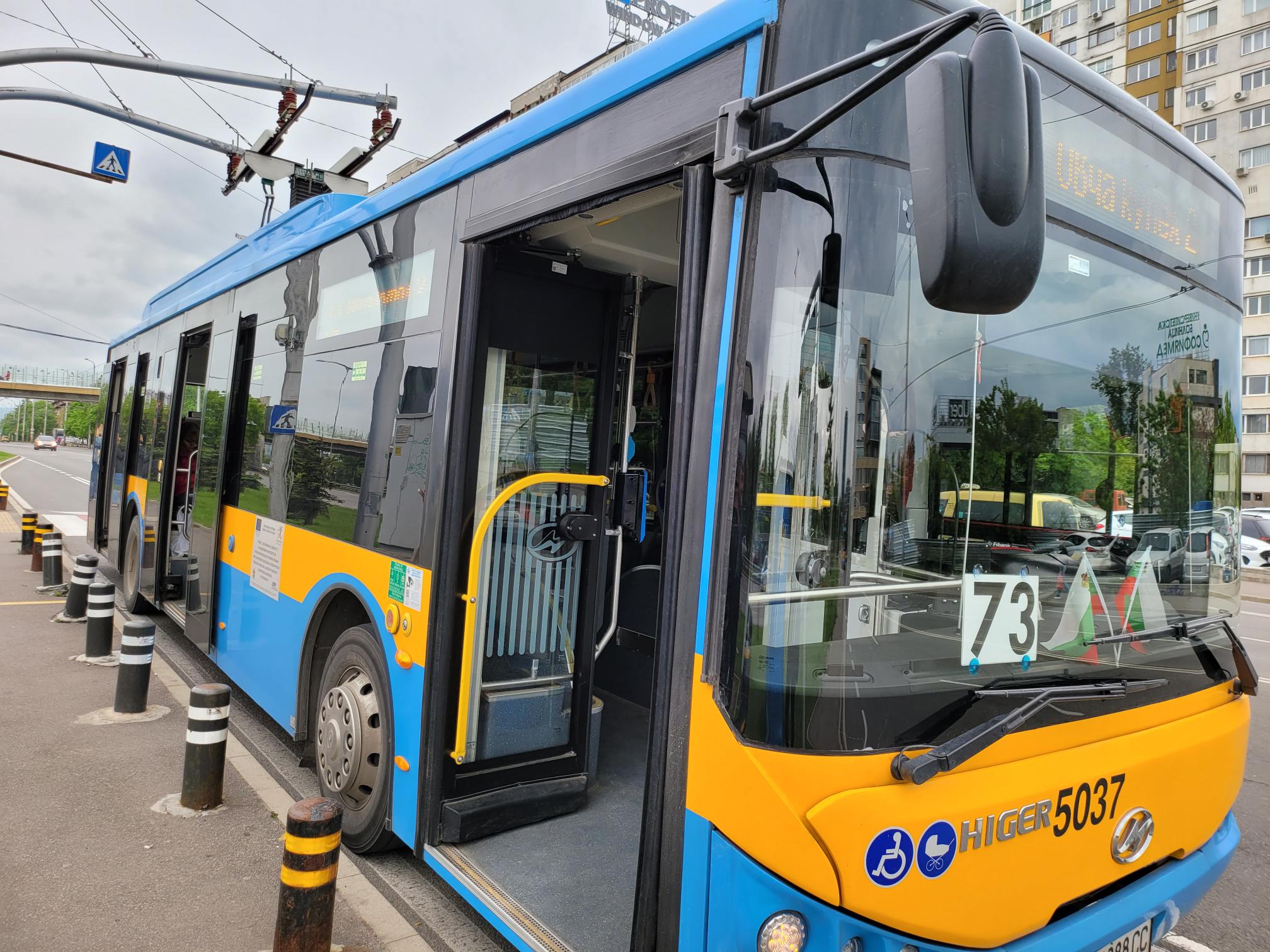By the end of 2025, 34% of the buses purchased for the Bulgarian public transport must be sustainable. This is envisaged in the Council of Ministers’ draft decree, as proposed by the Minister of Transport. The decree sets out the requirements for vehicles when procured by the public sector operators.
A vehicle’s sustainability is determined based on its emissions. These are defined in a special table attached to the Council of Ministers’ regulation. For buses, it means running on an alternative fuel to diesel – for example methane, as well as using electric or hydrogen powered vehicles, as clarified by the Ministry of Transport.
When a municipality announces a tender for regular bus lines, among the criteria for carriers there will be a mandatory requirement for sustainable vehicles percentage. For example, if a company wants to operate 100 buses on a busy route, then 18 of them must meet the sustainability requirements.
In the table, for the first period until December 31, 2025, in addition to the requirement for 34% sustainable buses, there is also another, requiring 17% of them to be zero-emission vehicles – electric or hydrogen powered, which makes up to 3 vehicles. The Ministry of Transport experts believe that this will be valid mostly for the metropolitan municipality. From January 1, 2026, municipal orders for bus lines must require 48 percent of the carrier’s fleet to consist of sustainable vehicles.
Chariot Motors offers electric buses with fast charging ultracapacitor technology, as well as slow charging battery electric buses. Our buses run on the streets of the capital and the city of Gabrovo, being part of Bulgaria’s transition to a sustainable and clean urban transport and environment.





